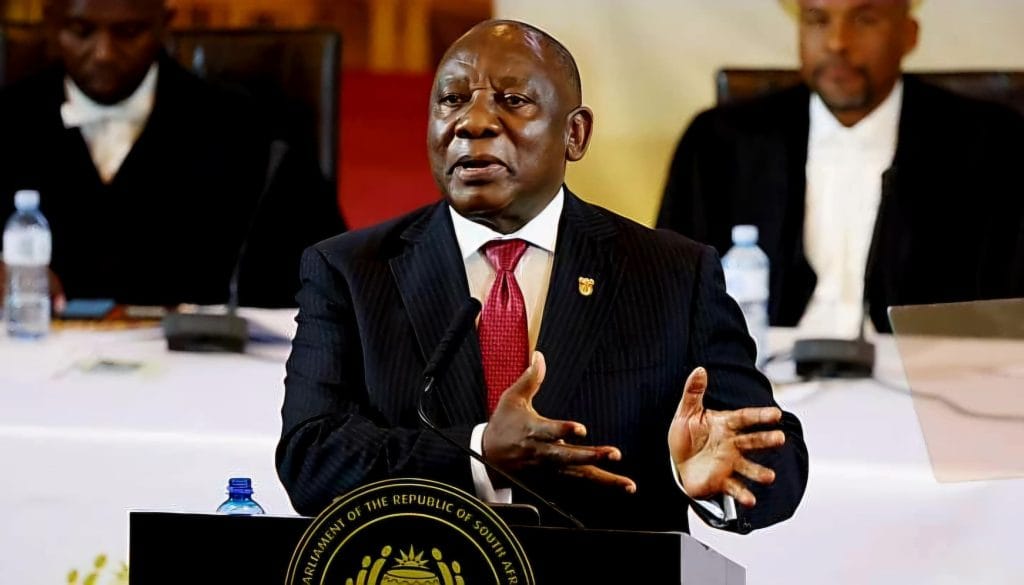South African President Cyril Ramaphosa has urged wealthy nations and global financial institutions to urgently address Africa’s worsening debt burden, warning that rising repayments are endangering social and economic development across the continent.
Speaking as South Africa chairs the G20, Ramaphosa highlighted that nearly 3.4 billion people now live in countries where interest payments exceed spending on health and education. He warned:
“They may not be defaulting on their debt, but they are defaulting on their people, their environment, and their future.”
Ramaphosa emphasized that meeting global development goals requires closing a $4 trillion annual funding gap, achievable only through affordable, long-term financing mechanisms. He called on lenders to demonstrate political will and take action proportionate to the crisis.
Finance Minister Enoch Godongwana reinforced this call during a G20 meeting in São Paulo, stressing that Africa’s debt challenge is not only financial but threatens regional stability.
“The G20 must act decisively,” he said, citing inflation, currency depreciation, and external shocks like COVID-19 and the Ukraine war as compounding the crisis.
Godongwana urged institutions like the IMF and World Bank to scale up debt relief efforts and ensure fair burden-sharing. He warned that without coordinated intervention, many African nations risk derailing progress toward development targets.
Countries such as Zambia, Ghana, and Ethiopia have struggled to finalize debt restructuring deals under the G20’s Common Framework, despite prior commitments by IMF chief Kristalina Georgieva acknowledging Africa’s high risk of distress.
South Africa’s leadership on this issue represents a growing African push for a reformed global financial system, one that acknowledges the continent’s vulnerabilities and gives room for sustainable growth.



